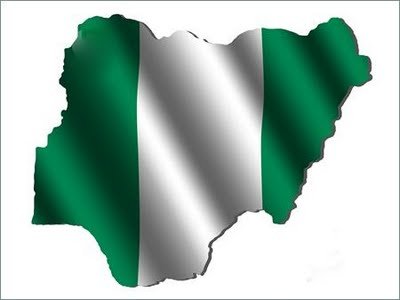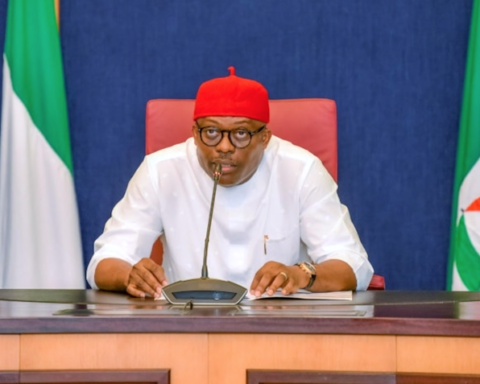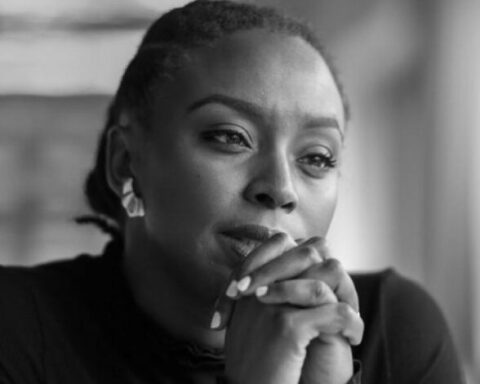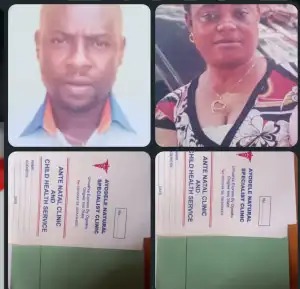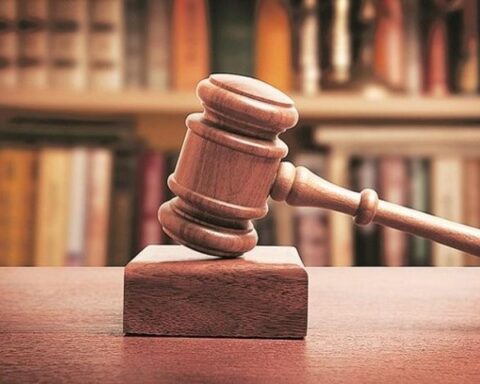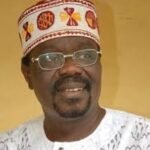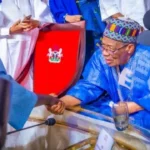By Umar Ardo, Ph.D
Nigeria stands on a precipice. The recent acts of brazen illegality by the three arms of government – the executive, legislature and judiciary – are not mere procedural lapses or political maneuvers. They are deliberate subversions of the constitution and rule of law, laying the foundation for the entrenchment of illegality as the new basis of governance. When legality becomes negotiable and the constitution is disregarded with impunity, democracy is imperiled, and dictatorship lurks in the shadows.
2. In recent weeks, we have witnessed deeply troubling events that demonstrate a dangerous disregard for the constitutional order. The Senate unlawfully suspended a senator for six months, stripping her of all privileges, in clear violation of her constitutional rights. The Senate President presided over a trial in which he was the accused, clearly breaching a basic element of justice. Both the Senate and the House of Representatives passed a state of emergency on Rivers State through a mere voice vote – an action that, by law, requires a two-thirds majority count. This alone renders the declaration illegal. The executive, acting outside its constitutional bounds, imposed the state of emergency, effectively circumventing democratic institutions and local governance structures.
3. Perhaps most alarming is the role of the judiciary – the supposedly last hope of the common man! The courts delivered judgments that defied logic and contradicted clear constitutional provisions by allowing the 27 Rivers State legislators, who decamped from the People’s Democratic Party (PDP), under which they were elected, to the All Progressives Congress (APC), to retain their seats. Section 101(1)(g) of the Nigerian Constitution is explicit: legislators who defect from the party under which they were elected lose their seats unless there is a division within the party. No such division existed. Yet, the Supreme Court, the final arbiter of justice, upheld this travesty, sending a chilling message that the law is no longer an anchor of stability but a tool of convenience.
4. These events are not isolated. They are symptoms of a deeper disease – a governance structure that has lost its moral compass and a society too docile to challenge it. If left unchecked, they will only pave the way for the ultimate destruction of democracy and the descent into tyranny.
5. The implications of these unconstitutional actions are dire. First, they erode the foundational principle of the separation of powers, allowing one arm of government to usurp the role of another. If the executive can impose a state of emergency at will, if the legislature can override constitutional processes and if the judiciary can twist the law to serve political ends, what then remains of democracy?
6. Second, these actions normalize illegality. When political leaders violate the constitution without consequence, they set a precedent. The next time, they will go further. Today, it is an unconstitutional state of emergency and the arbitrary removal of elected officials; tomorrow, it will be disregard of people’s will; eventually, it will be the outright suspension of democratic institutions and even the constitution itself.
7. Third, they undermine public trust. When citizens see that laws are applied selectively – that power, not justice, determines outcomes – they lose faith in governance. This disillusionment breeds apathy and desperation, creating fertile ground for unrest, violent resistance and ultimately the collapse of the state.
8. At this critical juncture, silence is complicity. Every Nigerian citizen – elites and politicians – must recognize the urgency of the moment. Democracy is not self-sustaining; it requires constant vigilance and defense. If we do nothing, we will wake up to a Nigeria where elections are meaningless, where voices of dissent are silenced and where laws exist only to serve those in power.
9. The duty before us is clear:
i. As citizens we have the duty to speak out. We must reject these violations through all available democratic means – protests, legal challenges, media advocacy and civic engagement. We must not allow venal political actors to rewrite the constitution through impunity;
ii. As elites we are also duty bound to reclaim leadership and rescue our country. Nigeria’s historical elites have played a crucial roles in shaping the nation. It is time for patriotic elites to rise again – not for selfish interests, but to defend the democratic institutions that guarantee stability and progress for our country. If those in power refuse to uphold the rule of law, then it is our responsibility to rally and insist on accountability; and
iii. Those political actors in the opposition must choose between history and infamy. We must decide whether we want to be remembered as defenders of democracy or accomplices to its destruction. The fate of Nigeria is in our hands. The time for political expediency is over; this is a moment for statesmanship!
10. Clearly, Nigeria’s democracy is infected. It needs an urgent cure. The law must be upheld, and the institutions responsible for protecting it must be held accountable. We cannot afford to allow these violations to fester, nor can we assume that our country is too big, too diverse or too sophisticated to descend into dictatorship. It can very well happen. In fact, it is already happening!
11. The question is: Will we allow it to continue? Or will we, as true patriots, take a stand to rescue our democracy, our society and our future?
12. The choice is ours, and history is watching.
